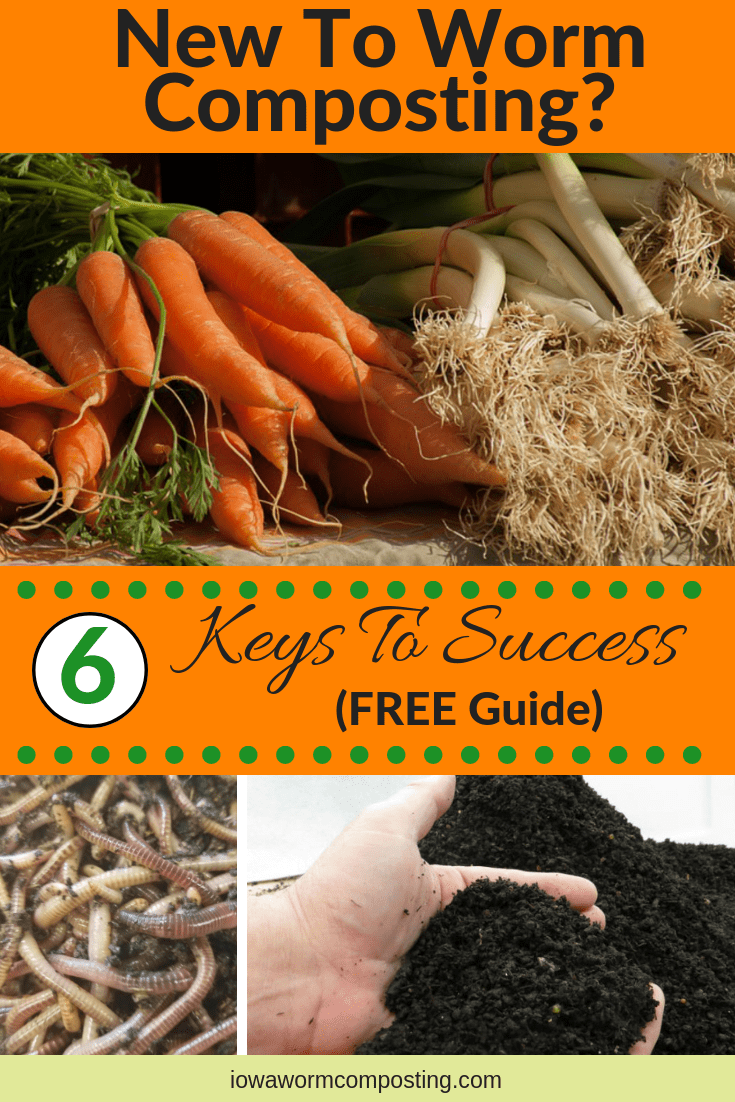FAQ
We Are Listening


We Keep Track
These Are Our FAQ
Not at all. There are some basic things to learn about composting worms, but overall it is very easy. Beginners can learn with red worms that seem to be very forgiving to novices. Red worms seem to do very well when neglected a little bit.
Worm farming need not cost much. You can easily get started for the cost of the worms. Most people have everything else needed lying around the house. Many times that first worm bin can even be FREE. You can spend as much or as little as you desire.
It depends on your climate and shelter. Worms need bedding temperatures between freezing and 90 degrees F. The wintertime in Northern climates will cause problems and the summertime in Southern zones can be problematic. You will need to heat or cool to keep them outdoors. They also will need shelter from sunlight and rain. Many people keep worms outside and take the appropriate precautions.
No. If it does... something is wrong. A properly maintained worm bin will smell like fresh earth. The worms eat the anaerobic bacteria that cause food to smell when decomposing. If your bin smells; you have probably overfed the bin.
Absolutely. The basement is probably the number one choice of hobby worm growers everywhere. I raise a substantial number of my worms in the basement.
There are several commercial worm bins available but I don't suggest buying one to start. A 10-gallon plastic tote can work well and you probably have an extra lying around. Plastic concrete mortar trays are also a good choice. Both of the above are about $6 if you have to buy. Check out my Blog and Getting Started page for more information.
A good rule of thumb is to stock your new bin with about 1/2 pound per square foot of surface area. The depth does not matter. Example: Your bin measures 18 x 18 inches. 1.5 ft. by 1.5 ft. = 2.25 sq ft. = 1 pound of worms. Worms will populate between 1-2 pounds per square foot of bin space.
This won't happen. Composting worms self-regulate their population according to space and food. They will quit reproducing if they become too crowded. Splitting a bin is good practice if you want to increase your worm numbers.
Shaking your bedding and worms on an 1/8 inch screen is the usual way beginners start. The screen will catch the worms. The castings and most of the cocoons will fall through. We sell a reasonably-priced Worm Castings Screen Harvester that will catch your worms and cocoons. You can then introduce your worms and cocoons to new bedding.
If you are a fisherman; my advice is to raise European nightcrawlers. They are excellent composters and great bait. They grow to be three times as big as their red worm cousins. They also make very good worm castings if you are a gardener. The fish like them better than red worms too.
Probably.... but not to me! If your Spouse boots you out of the house; take your worms with you. He/She probably doesn't like your worms much...... or you.

